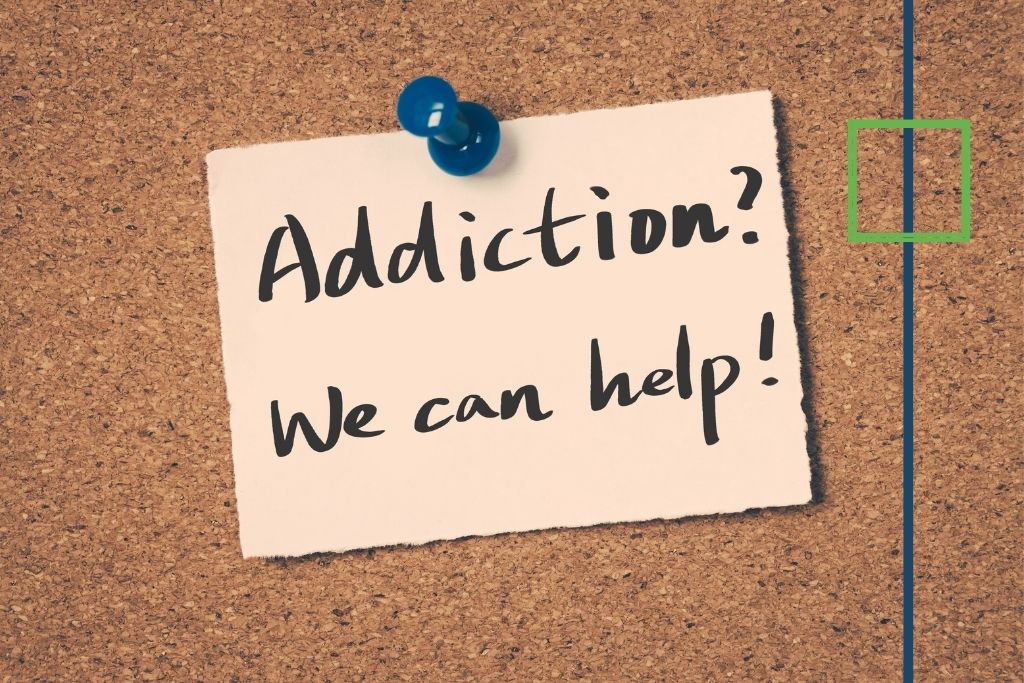
How to Protect a Grandchild from a Drug Addicted Parent?
When a parent struggles with drug addiction, it directly impacts their children. This situation can create a challenging environment for…

When a parent struggles with drug addiction, it directly impacts their children. This situation can create a challenging environment for…

The fight against substance use disorders (SUD) is a complex and broad battle in Florida. Individuals who frequently struggle with…

Watching someone you love struggle with addiction is deeply painful. This battle isn’t fought alone, its shockwaves affect every family…

Dysfunction Disguised as Devotion While compromise and sacrifice are a normal part of any relationship, codependency can pervert these concepts…

When it comes to taboo topics, it can sometimes be difficult to know what to say. Even if you have…

Most people have heard of Alcoholics Anonymous (AA), but by design, AA is most helpful for individuals who themselves are…

Whether still in the womb or 25 and living on your own, children are forever impacted by their parents. They…

A child is one of the most precious things in a parent’s life. So, when they learn or even suspect…

If you want to know how to help a meth addict, let’s start here: don’t call them a meth addict.…

When talking about addiction, most people discuss the individual. How the individual is behaving, what they are doing wrong, and…

When someone you love is addicted to drugs or alcohol, it is natural to want to help but to be…

Addiction can be a lonely disease that an afflicted person will carry for the rest of their life. Family plays…

There are many challenges associated with addiction recovery, but perhaps the largest comes when a person finishes the bulk of…